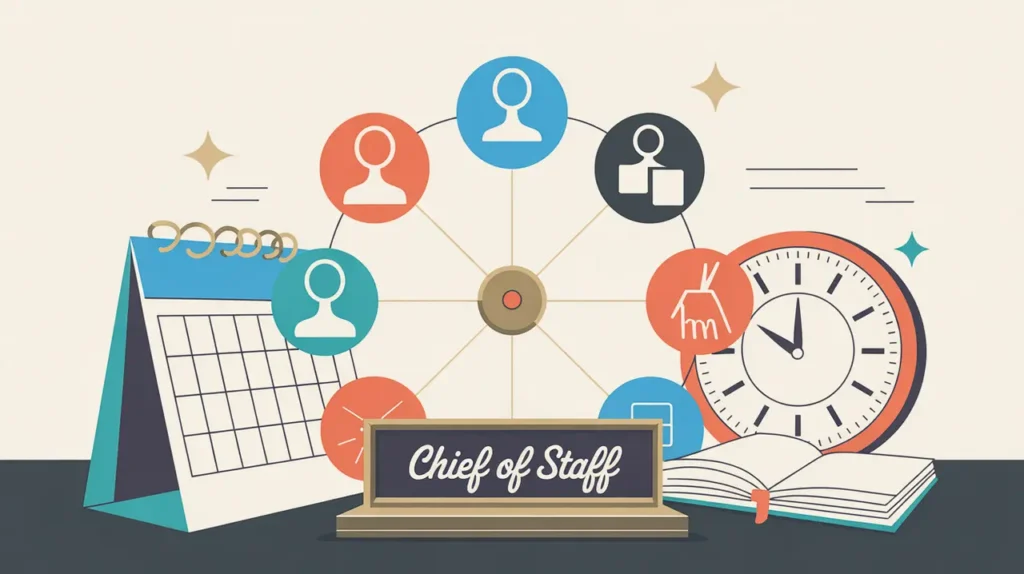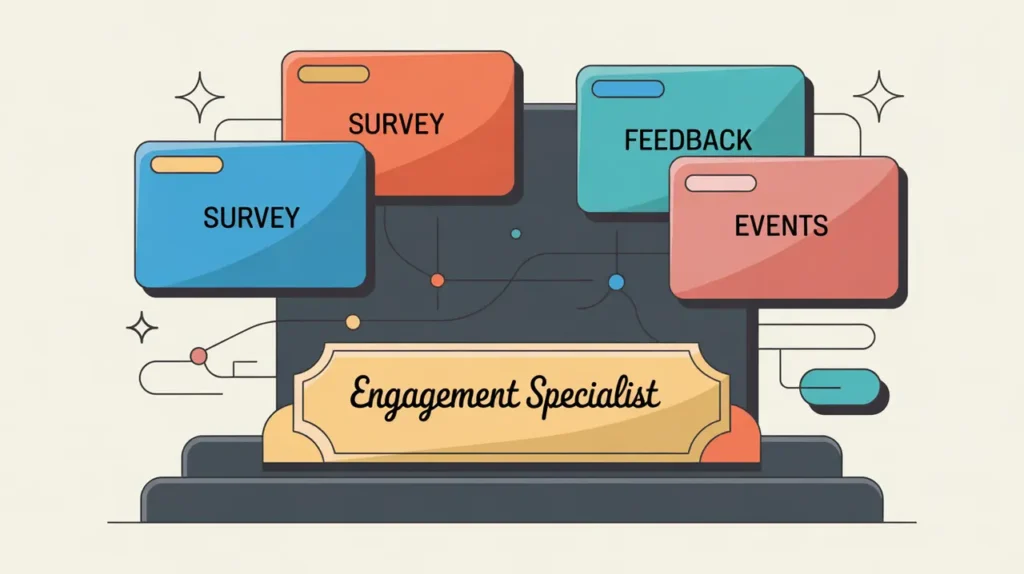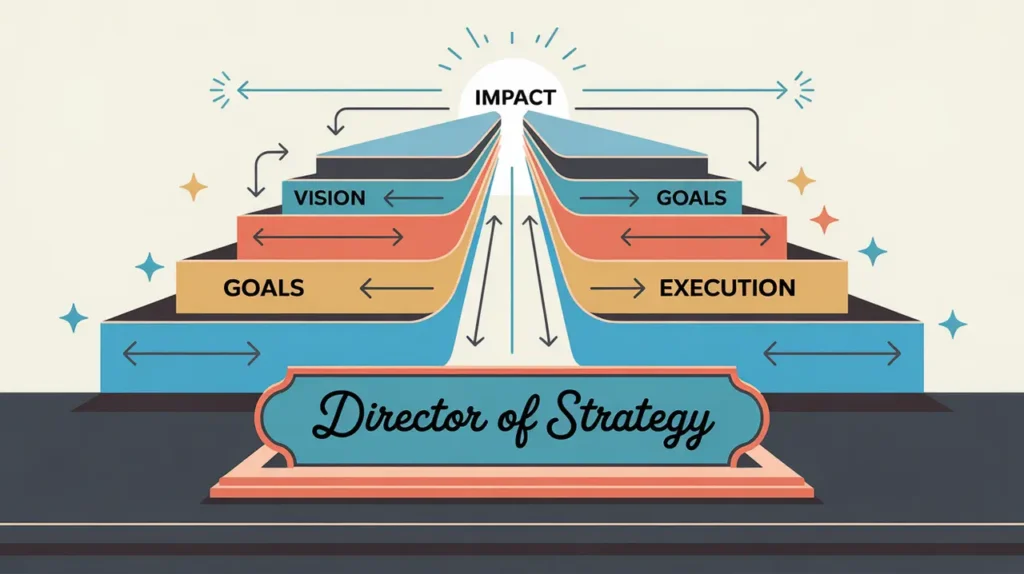What Does the Junior Analyst Role Involve?
A junior analyst supports data collection, analysis, and reporting activities that inform organizational decision making. This includes gathering information, cleaning and organizing datasets, conducting basic analyses, and preparing reports or visualizations for internal and external use. The role typically sits within research, monitoring and evaluation, strategy, or data functions. In nonprofits and social enterprises, junior analysts provide critical support to teams that rely on evidence to guide program design, measure performance, and assess impact.
At What Level does this Role Operate?
Entry Level: This role typically reports to a data analyst, insights officer, research manager, or strategy lead. It focuses on foundational analytical work, data preparation, and supporting tasks that enable more senior team members to carry out complex analysis and strategic interpretation.
Relative Employability: Junior analyst roles are in high demand across sectors, including nonprofits and social enterprises, as organizations expand their use of data for decision making. These roles offer excellent entry points for individuals building analytical and research careers.
Relative Pay Scale: Junior analyst roles sit within entry-level pay bands, reflecting their focus on support functions and foundational analytical responsibilities.
What are the Key Responsibilities and Activities?
- Collect, clean, and organize data from various sources to prepare it for analysis
- Conduct basic quantitative and qualitative analyses under supervision
- Develop tables, charts, and visualizations to support reporting and presentations
- Contribute to research tasks such as literature reviews, data entry, or interview transcription
- Assist in maintaining databases, dashboards, or data management systems
- Support monitoring and evaluation processes by tracking indicators and compiling information
- Document methods and processes to ensure transparency and reproducibility
- Collaborate with other teams to provide timely data inputs for planning and reporting
What Core Competencies and Qualifications are Needed?
Required Qualifications and Experience
The following reflect common qualifications and experience expected for this role, while recognizing that pathways may vary by context, organization, and region.
- Academic background in statistics, economics, social sciences, data science, public policy, or related fields, or equivalent professional experience
- Basic proficiency in data analysis tools such as Excel, statistical software, or data visualization platforms
- Strong attention to detail and commitment to data quality
- Analytical thinking and eagerness to learn more advanced techniques over time
- Good written and verbal communication skills for presenting findings clearly
- Ability to work collaboratively and manage multiple tasks
Key Competencies
- Data collection and preparation
- Basic quantitative and qualitative analysis
- Data visualization and reporting
- Research assistance and documentation
- Database and dashboard maintenance
- Attention to detail and data integrity
How are AI and Automation Shaping this Role?
An AI-native junior analyst will look to AI and automation to enhance data preparation, accelerate analysis, and support reporting. They can use AI tools to clean data sets, identify errors, generate visualizations, and surface patterns that inform further investigation. Automation can help update dashboards, compile recurring reports, and integrate data from multiple systems. By adopting these tools early in their career, junior analysts can build strong analytical foundations and contribute more strategically to their teams.
What Career Pathways and Transferable Skills are Associated with this Role?
Junior analyst roles can lead to positions such as data analyst, insights officer, monitoring and evaluation specialist, or research manager. The skills developed in data preparation, analysis, visualization, and evidence communication are highly transferable across nonprofits, social enterprises, research organizations, and private sector analytics teams. This role provides a strong starting point for a career in data-driven strategy and decision support.







